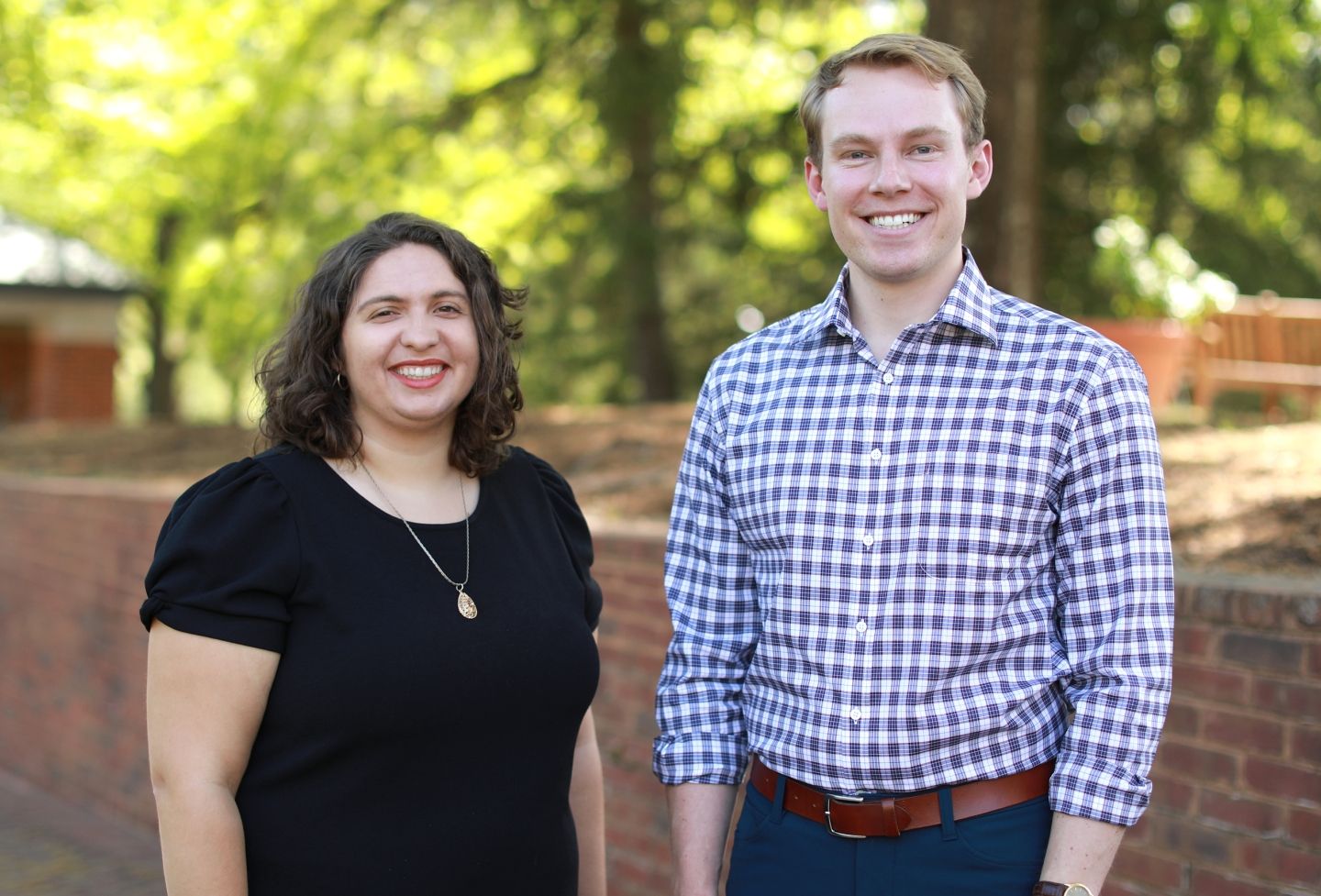An upcoming symposium at the University of Virginia School of Law will weigh issues of law and policy regarding the Animal Enterprise Terrorism Act, animal rights activism and the First Amendment, and will feature an animal rights lawyer, a federal prosecutor and a representative from Smithfield Foods.
The symposium, "The Animal Enterprise Terrorism Act of 2006: Targeting Terrorism or Activism?" is sponsored by the Virginia Animal Law Society and UVA Law's Animal Law Program and will be held Wednesday, Sept. 25 at 5 p.m. in Caplin Pavilion, followed by a reception in Spies Garden.
UVA law professor Margaret Foster Riley will provide an overview of the law — which prohibits any person from engaging in any activity "for the purpose of damaging or interfering with the operations of an animal enterprise" — as well as its potential First Amendment implications.
Though the law states that it should not be construed "to prohibit any expressive conduct," including peaceful picketing or other peaceful demonstration, "animal welfare and civil liberties groups have concerns that the act's broad and vague language may effectively infringe upon the First Amendment rights of free speech and assembly," said third-year law student Emily Auerbach, president of the Virginia Animal Law Society.
The symposium will feature:
- Lauren Regan, a defense attorney who represents animal rights organizations, who will discuss her experiences defending groups prosecuted under the AETA and similar laws, as well as her view on the kinds of activity the statute generally targets.
- Assistant U.S. Attorney Elise Becker of the Northern District of California, who has prosecuted cases under the AETA, and will comment on whether the Act infringes on the First Amendment.
- Dennis Treacy, the chief sustainability officer for Smithfield Foods, who will speak from the perspective of the industry and discuss what's at stake when animal rights activists take protesting to the extreme.
"The lineup of speakers will provide a range of expertise on the matter, and we hope that the event will solicit greater interest in animal law issues and invite greater participation in the Law School's Animal Law Program and associated annual writing competition, Auerbach said.
Founded in 1819, the University of Virginia School of Law is the second-oldest continuously operating law school in the nation. Consistently ranked among the top law schools, Virginia is a world-renowned training ground for distinguished lawyers and public servants, instilling in them a commitment to leadership, integrity and community service.


